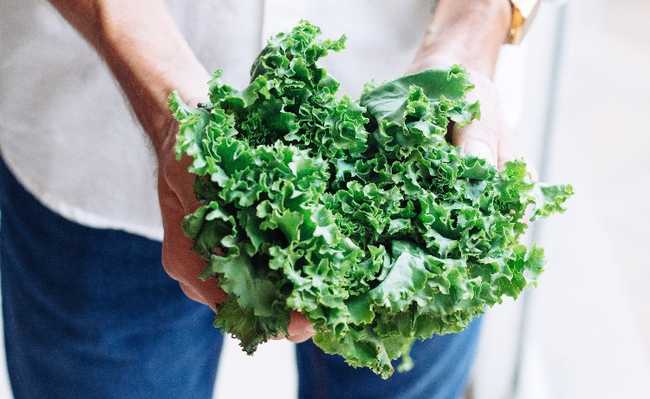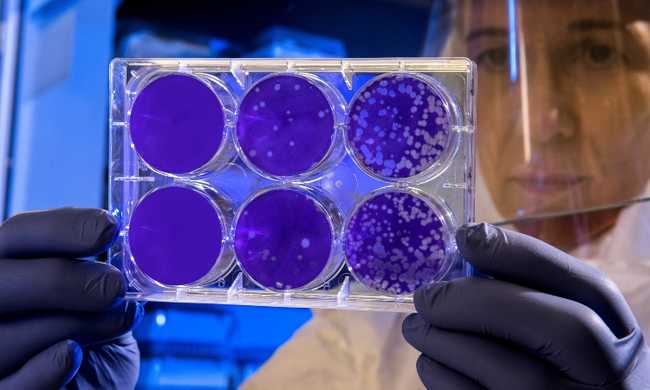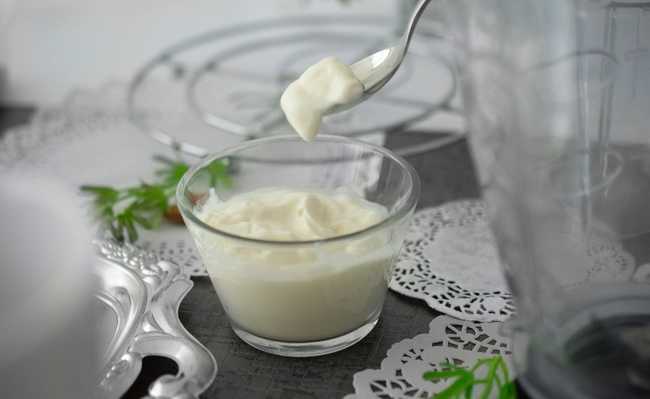What is alfalfa sprout and its properties
Much appreciated for their vitamin, mineral and protein content, alfalfa sprouts can be grown at home

Hans Braxmeier image by Pixabay
Alfalfa , also known as Medicago sativa , is a plant very appreciated for its superior content of vitamins, minerals and proteins, compared to other food sources. It belongs to the legume family, as do beans, lentils and chickpeas. Alfalfa is believed to have originated in South and Central Asia, but its cultivation has been around the world for centuries.
In addition to being used as food, it also has a long history of use as a medicinal herb for humans and as a feed for livestock. Its seeds or dried leaves can be taken as a supplement, or the seeds can be sprouted and eaten in the form of alfalfa sprouts, which further increases their nutritional and vitamin potential. Learn more about this topic in the article: "The Amazing Benefits of Growing Edible Sprouts".
nutritional content
Alfalfa is generally consumed by humans as an herbal supplement or in the form of alfalfa sprouts. They are typically rich in vitamin K, vitamin C, copper, manganese and folate.
- What is vitamin C and why is it important?
- Vitamin C: 5% of the RDI (Recommended Daily Intake)
- Copper: 3% of the IDR
- Manganese: 3% of the IDR
- Folate: 3% of the IDR
- Thiamine: 2% of the IDR
- Riboflavin: 2% of the RDI
- Magnesium: 2% of the IDR
- Iron: 2% of RDI
- Flavonoids: what they are and what are their benefits
Can help lower cholesterol
A study of 15 people found that, on average, eating 40 grams of alfalfa seeds three times a day lowered total cholesterol by 17% and LDL cholesterol considered "bad" by 18% after eight weeks.
Another small study conducted with three volunteers concluded that 160 grams of alfalfa seeds per day could lower total blood cholesterol levels. This effect was attributed to the high content of saponins, which are compounds from plants known to lower cholesterol levels.
Improves metabolic health
A traditional use of alfalfa is as an anti-diabetic agent. An animal study found that alfalfa supplements lowered elevated levels of total cholesterol, LDL, and VLDL in diabetic animals and improved blood sugar control.
Another study in diabetic mice found that the alfalfa extract lowered blood sugar levels by increasing the release of insulin from the pancreas.
- Does altered cholesterol have symptoms? Know what it is and how to prevent it
Relieves Menopause Symptoms
Alfalfa is rich in plant compounds called phytoestrogens, which are chemically similar to the hormone estrogen. This means they can cause some of the same effects in the body as estrogen. Phytoestrogens are controversial, but they can have several benefits, including alleviating menopausal symptoms that are caused by decreased estrogen levels.
The effects of alfalfa on menopausal symptoms have not been extensively researched, but one study found that sage and alfalfa extracts were able to completely improve night sweats and hot flashes in 20 women.
Estrogenic effects can also have other benefits. A study of breast cancer survivors found that women who ate alfalfa had fewer sleep problems.
- Menopause teas: alternatives for symptom relief
Antioxidant Effects
Alfalfa has a long history of use in Ayurvedic medicine to treat conditions caused by inflammation and oxidative damage. That's because it's a powerful antioxidant, preventing damage caused by free radicals.
- What is Ayurveda?
- Antioxidants: what are they and in what foods to find them
- What are free radicals?
Some studies have found that alfalfa has the ability to reduce cell death and DNA damage caused by free radicals. This happens by reducing the production of free radicals and improving the body's ability to fight them (see studies about them here: 2, 3, 4, 5).
A study in mice found that alfalfa treatment could help reduce the damage caused by stroke or brain damage.
Side effects
Although alfalfa is probably safe for most people, it can cause harmful side effects for some individuals. Alfalfa can cause uterine stimulation or contractions. Therefore, it should be avoided during pregnancy (see study about it here: 6).
Alfalfa sprouts are rich in vitamin K. Although this benefits most people, it can be dangerous for those taking blood-thinning medications such as warfarin, as vitamin K makes these medications less effective (see study on this: 7).
Alfalfa is also contraindicated for those who have lupus or some other autoimmune disorder. Alfalfa supplements have been reported to cause reactivation of lupus in some people. In a study of monkeys, alfalfa supplements caused symptoms similar to lupus.
This effect is believed to be due to possible immunostimulating effects of the amino acid l-cavanine, which is found in alfalfa.
The wet conditions needed to sprout alfalfa seeds are ideal for bacterial growth. Consequently, sprouts sold in stores are sometimes contaminated by bacteria, and several bacterial outbreaks have been associated with alfalfa sprouts in the past (see study here: 8).
Eating contaminated sprouts can make you sick, but most healthy adults recover without long-term consequences. However, for people with compromised immune systems, an infection like this can be very serious.
As such, the Food and Drugs Administration (FDA) advises children, pregnant women, the elderly, or anyone else with a compromised immune system to avoid alfalfa sprouts.
How to add alfalfa to your diet
Alfalfa supplements can be used in powder form, taken as a pill, or used to make tea. But it is difficult to recommend a safe or effective dose.
Another way to add alfalfa to your diet is to eat it like sprouts. Alfalfa sprouts can be added to your diet in many ways, adding them to sandwiches, salads, soups and other dishes.
You can buy them at health food stores or make them at home. Learn how to plant alfalfa sprouts at home in the article: "Kit Broto Fácil allows you to easily germinate seeds at home".
Adapted from Taylor Jones










